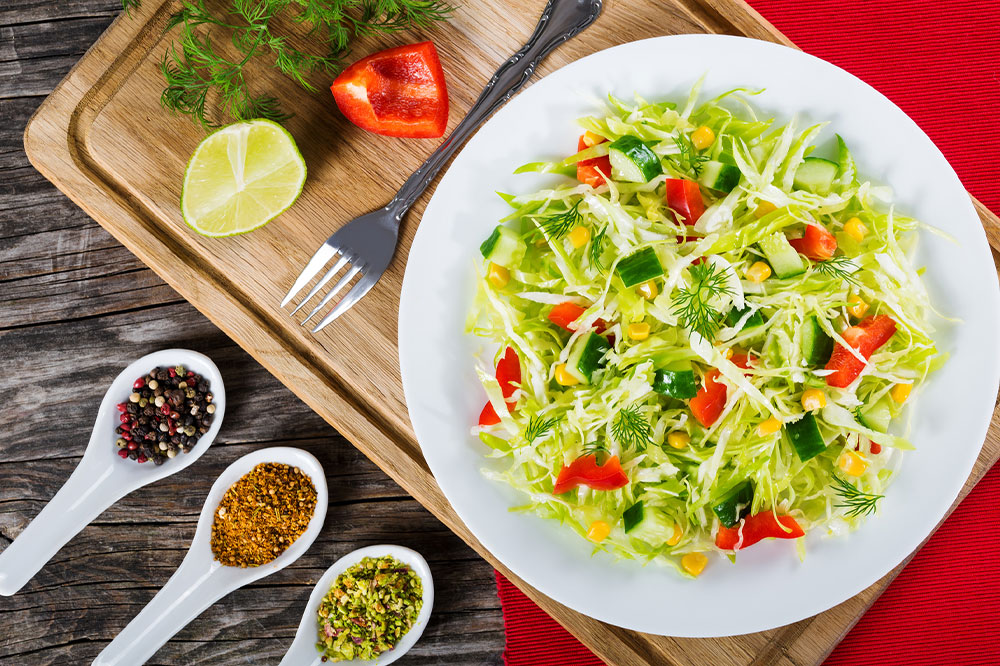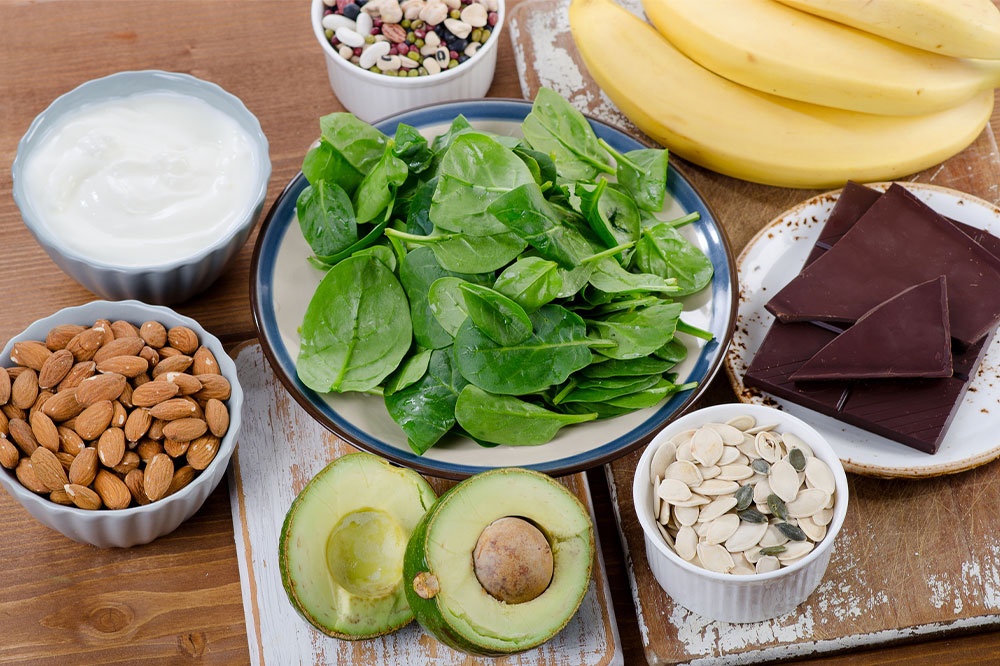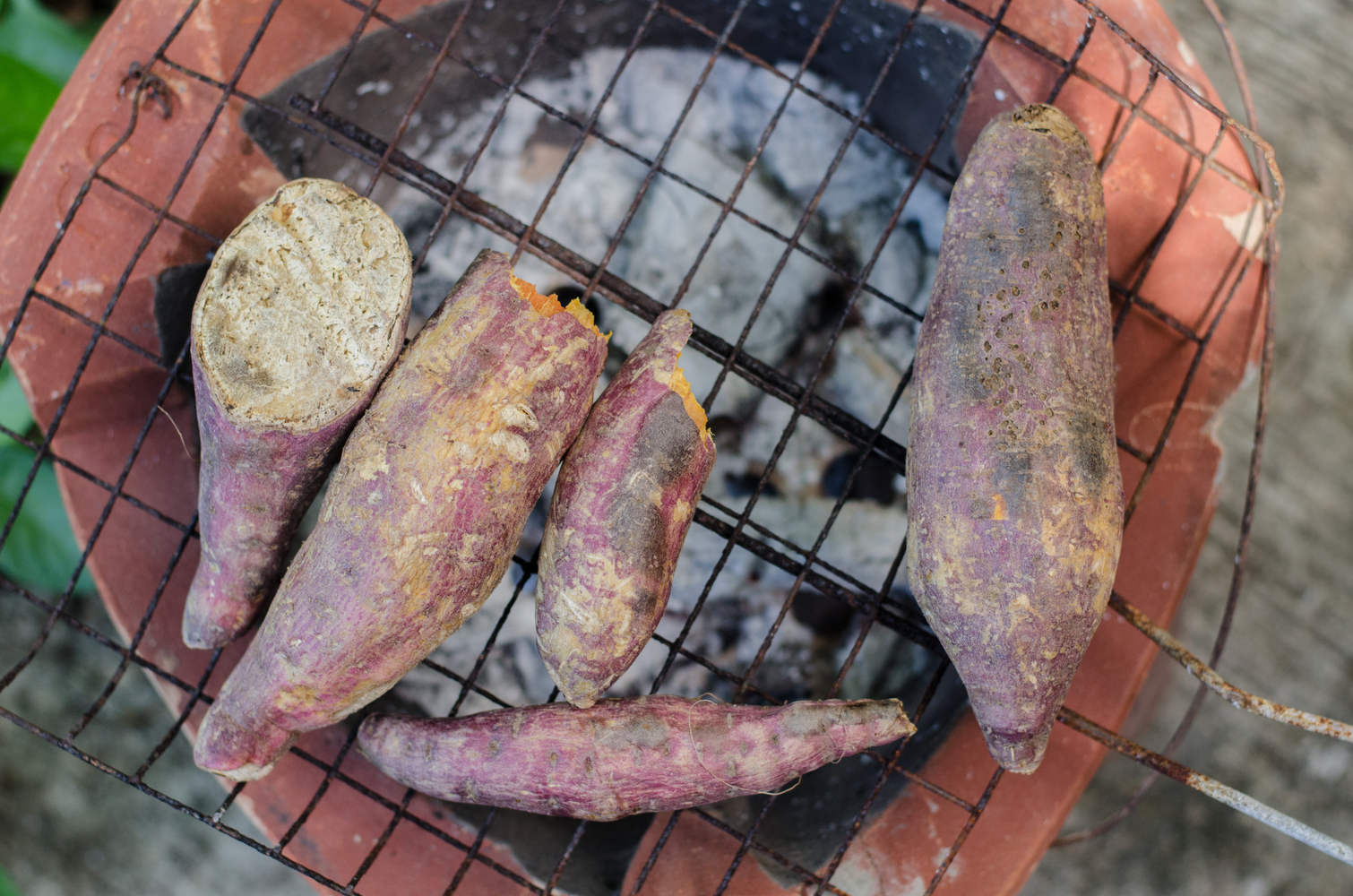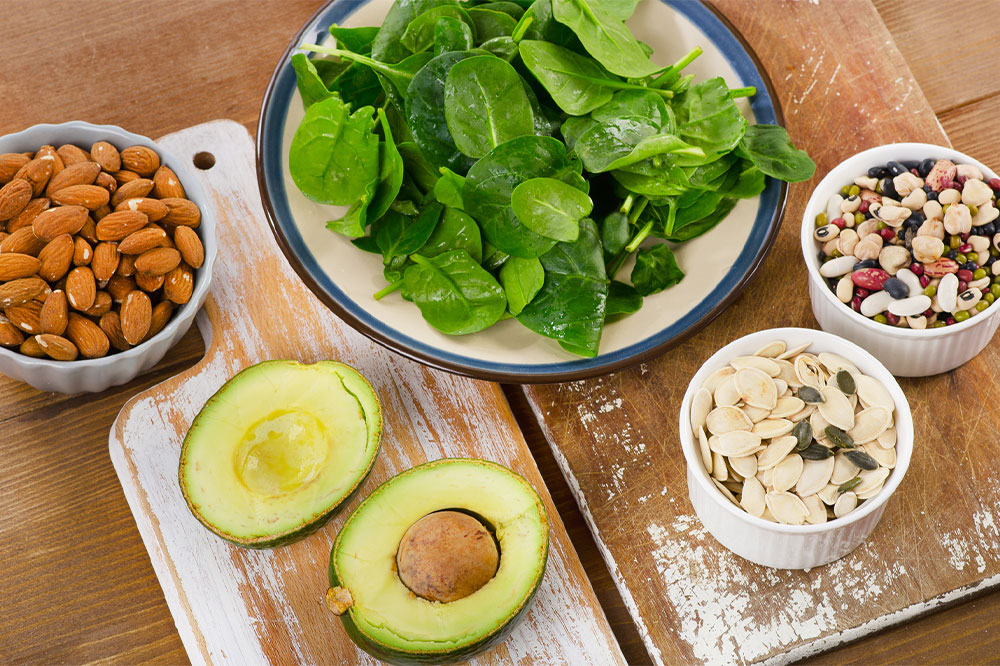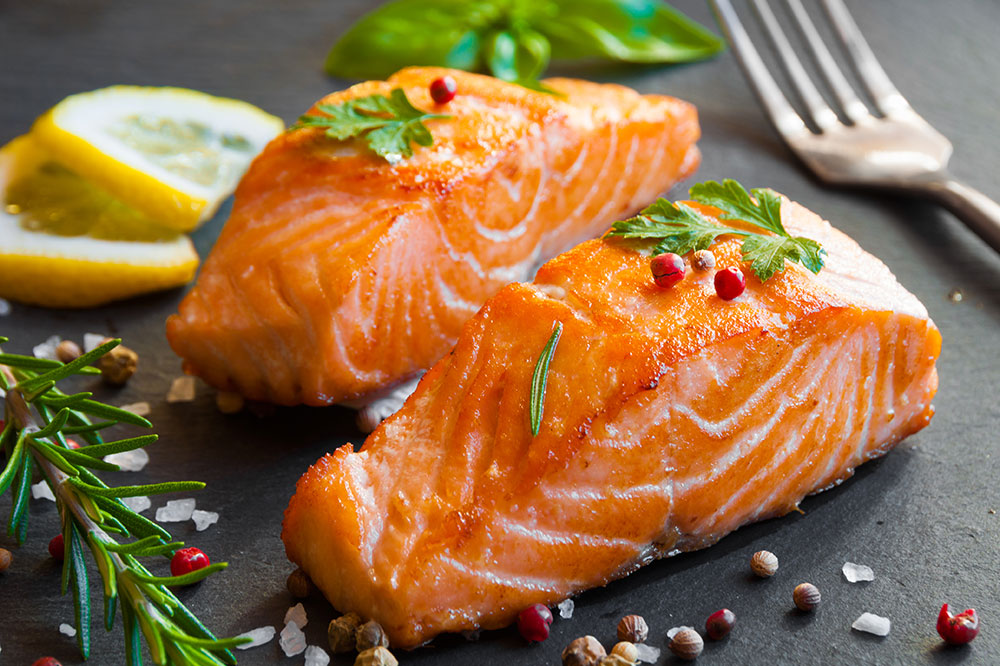Ultimate Guide: Top 5 Dietary Strategies to Reduce Migraine Pain Naturally
Explore effective natural dietary strategies to reduce migraine pain. This comprehensive guide covers the top five foods—bananas, watermelon, nuts, seafood, and herbal teas—that can help prevent and alleviate migraines. Learn how these nutrient-rich options support hydration, magnesium levels, and anti-inflammatory effects, offering a holistic approach to migraine management. Incorporate these tasty, health-boosting foods into your daily routine to enjoy fewer headache episodes and improve overall wellness. Perfect for anyone seeking natural headache relief and better neurological health.
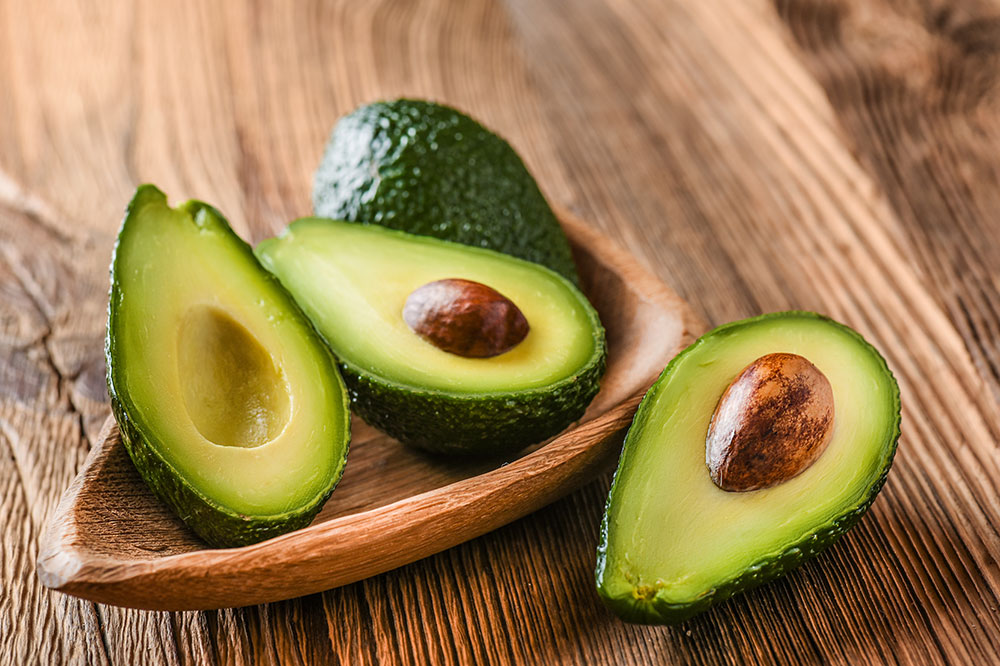
Ultimate Guide: Top 5 Dietary Strategies to Reduce Migraine Pain Naturally
Migraine headaches are among the most debilitating neurological conditions, impacting millions of people globally. These intense, often pulsating headaches can disrupt daily life, causing suffering that ranges from mild discomfort to severe pain. While many sufferers rely on pain relief medications, these often come with side effects or may not always be effective. Consequently, increasing attention has been directed toward natural remedies, especially dietary interventions, that can alleviate migraine symptoms safely and effectively.
Understanding which foods can help manage migraines is essential for those seeking a holistic approach to their health. Certain nutritional choices can act as preventive measures or provide relief during a migraine attack. This comprehensive guide will explore the top five dietary options that are scientifically linked to reducing migraine frequency and severity, enabling sufferers to incorporate these power foods into their daily routines for better health and well-being.
Let's delve into these nutrient-rich foods that harness natural properties to combat migraine pain, including detailed explanations of their benefits, ways to incorporate them into your diet, and scientific insights supporting their effectiveness.
Bananas: Nature's Magnesium Powerhouse
Bananas are a versatile, easily accessible fruit packed with multiple health benefits. One of the standout nutrients they contain is magnesium, a mineral that plays a crucial role in nerve function and muscle relaxation. Low magnesium levels are often linked to increased frequency and severity of migraines. Including bananas in your diet can help regulate magnesium levels effectively and prevent episodes triggered by hypoglycemia or blood sugar fluctuations.
Consequently, bananas serve as a natural remedy for migraine prevention, especially when consumed regularly. Additionally, their high water content (about 74%) contributes to hydration, which is essential because dehydration is a well-known trigger for migraines among many sufferers. To maximize benefits, bananas can be added to smoothies, oatmeal, or eaten as a snack, providing both hydration and magnesium while satisfying sweet cravings in a healthy way.
Watermelon: Hydration and Headache Prevention
Watermelon is a summer favorite and an excellent natural hydrator due to its high water content—about 92%. Dehydration is one of the primary triggers for migraine attacks, as confirmed by the American Migraine Foundation. By keeping the body well-hydrated, watermelon can significantly reduce the likelihood of headache onset. Incorporating fresh watermelon slices into salads or simply enjoying it as a juicy snack can help maintain optimal hydration levels, especially during hot weather or intense physical activity.
Beyond hydration, watermelon contains compounds like citrulline and antioxidants that may reduce inflammation and support vascular health, thereby mitigating migraine symptoms. Its natural sweetness makes it an appealing addition to meals or snacks, promoting consistent hydration and pain relief.
Nuts and Seeds: Magnesium-Rich Snacks for Headache Relief
Many people with chronic migraines suffer from a deficiency in magnesium. To address this, integrating magnesium-rich nuts and seeds into daily meals proves beneficial. Foods such as flaxseeds, cashews, sprouted pumpkin seeds, and chia seeds are packed with this vital mineral. Regular consumption of these high-fiber foods not only helps prevent magnesium deficiency but also aids in reducing the severity and frequency of migraine episodes.
Moreover, nuts and seeds are excellent sources of healthy fats, particularly omega-3 fatty acids, which have anti-inflammatory properties. These nutrients support overall neurological health and can diminish inflammation-related migraine triggers. They also assist in maintaining digestive health, which is often linked to headache attacks. A handful of mixed nuts and seeds can be added to yogurt, smoothies, or salads, making them a convenient and nourishing choice for migraine prevention.
Seafood: Omega-3 Rich Food to Combat Migraines
Seafood, especially oily fish like salmon, halibut, sardines, and shellfish, is renowned for its high omega-3 fatty acid content. These essential fats are powerful anti-inflammatory agents that can help reduce vascular inflammation, a common contributor to migraine attacks. Consuming around 8 ounces of seafood weekly can significantly boost your body's anti-inflammatory capacity, lowering the frequency and intensity of migraines.
In addition, seafood provides high-quality protein, vitamins, and minerals vital for overall health. Salmon, in particular, is rich in vitamin B6, which has been linked to reduced migraines by supporting neurotransmitter synthesis and nerve function. Regular inclusion of seafood in your diet—such as grilled salmon or baked mackerel—not only enhances general health but also offers therapeutic benefits for migraine sufferers. For those who do not consume fish, omega-3 supplements may be an alternative, but consulting a healthcare professional before initiating supplementation is advisable.
Herbal Teas: Natural Comfort and Headache Relief
Herbal teas have been cherished for centuries for their calming and medicinal properties. Specific herbal infusions like peppermint tea are particularly effective in alleviating sinus headaches related to inflammation or congestion. Peppermint relaxes muscles and improves blood flow, easing headache pain naturally. Inhaling steam infused with peppermint oil or sipping the tea offers both immediate and long-term relief from headache symptoms.
Another potent herbal remedy is ginger, which possesses anti-inflammatory and anti-nausea properties. Dissolving half a teaspoon of powdered ginger in warm water and drinking it may reduce migraine intensity, according to recent research. Ginger’s ability to block prostaglandins, chemicals associated with pain and inflammation, makes it a valuable addition to a migraine-relief toolkit.
Other herbal teas, such as chamomile and green tea, have also demonstrated calming effects that can prevent migraines triggered by stress or anxiety. Incorporating these warming beverages into daily routines can promote relaxation, support immune function, and contribute to overall migraine management.
In conclusion, dietary choices play a vital role in managing migraine pain naturally. Incorporating magnesium-rich bananas, hydrating watermelons, nutrient-dense nuts and seeds, anti-inflammatory seafood, and soothing herbal teas into your daily diet can significantly reduce migraine frequency and severity. It is always advisable to consult healthcare professionals before making major dietary changes, especially for individuals with underlying health conditions. Embracing these natural, food-based strategies offers a safe, effective, and holistic approach to migraine relief, empowering sufferers to regain control over their health and improve quality of life.
